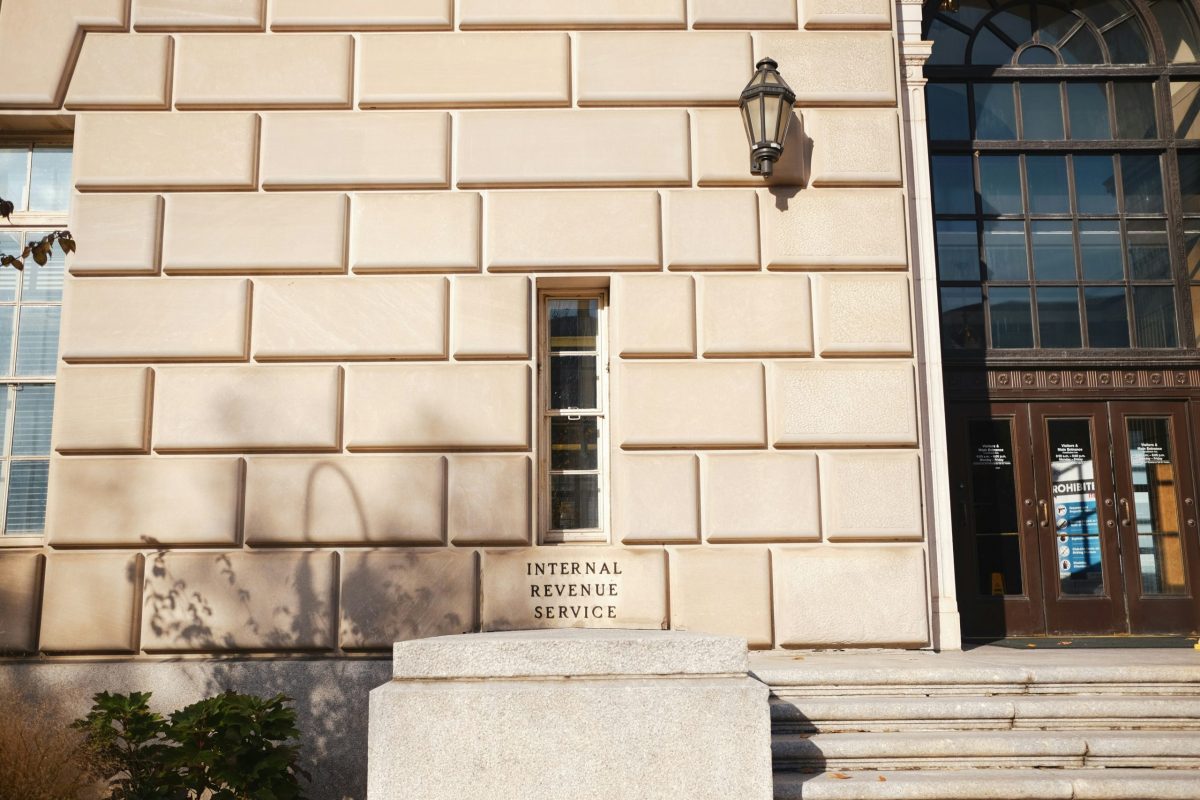What the OBBB Act Means for Everyday Americans (and How to Actually Use It)
Let me be clear upfront:
I don’t love this bill. I’m not here to celebrate government overspending or pretend like Congress suddenly got responsible. The One Big Beautiful Bill Act (OBBB) is loaded with things I wouldn’t have signed off on—but that doesn’t mean there aren’t opportunities in it for everyday people.
So while Congress spends like the future doesn’t exist, you and I still live in reality—and the smart move is to understand what you can take advantage of while it’s on the table.
✂️ Even If You Take the Standard Deduction…
You can now deduct thousands of dollars in additional income—without itemizing.
The vast majority of Americans take the standard deduction (in 2025, that’s $14,600 single / $29,200 married filing jointly). Until now, that was your primary deduction unless you itemized.
But the OBBB Act changed the game. Here’s what you can now deduct on top of the standard deduction:
| Over-the-Line Deduction | Single Filer | Married Filing Jointly |
|---|---|---|
| Overtime income | up to $12,500 | up to $25,000 |
| Tip income | up to $25,000 | up to $25,000 (same cap) |
| Charitable giving (cash) | up to $1,000 | up to $2,000 |
| Auto loan interest (if applicable) | up to $10,000 | up to $10,000 |
| Student loan interest (if applicable) | up to $2,500 | up to $2,500 |
| Union dues / educator expenses | up to ~$300–500 | up to ~$1,000 |
💡 A joint filer could deduct up to $52,000+, just from overtime, tips, and charitable giving—no itemizing needed.
A single filer could deduct up to $38,500+, just from those same three areas.
🧮 How Much Can You Deduct Now?
Even if you don’t itemize, here’s what you could now deduct in 2025:
- Single filer: up to $53,100 total
- Married couple: up to $81,200 total
✅ That includes:
- The standard deduction, plus
- New above-the-line deductions for overtime, tips, and charitable giving
💬 Worth noting: While some deductions also apply to things like auto or student loan interest, I don’t promote taking on debt just to qualify for tax breaks. Focus on what helps you without adding financial burden.
This is about using the rules to your advantage—not chasing loopholes.
⚠️ Time-Sensitive: Energy Credits Expire in 2025
If you’re planning any home upgrades or vehicle purchases, here’s the cutoff:
- 🏡 Solar, insulation, heat pumps, battery systems: 30% tax credit through Dec. 31, 2025
- 🚗 Electric vehicle tax credit: ends Sept. 30, 2025
- ⚡ EV charging equipment credit: expires June 30, 2026
If it’s already on your radar, now’s the time to act.
🧾 Bottom Line
You don’t have to support the bill to benefit from it.
If Congress is going to pass trillion-dollar legislation, you have a responsibility to understand what parts of it help you. These tax changes could mean hundreds or even thousands back in your pocket in 2025.
If you’re someone who:
- Works hard
- Gives back
- Wants to stay out of debt
- Tries to make the most of every dollar…
This is your moment to use what’s available—wisely.

Leave a Reply